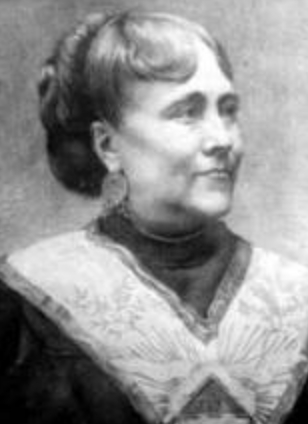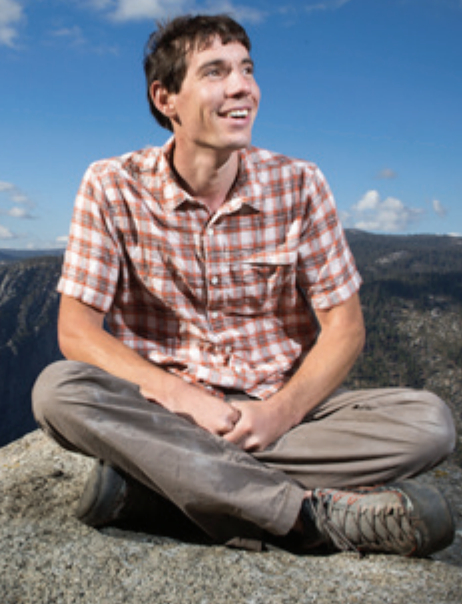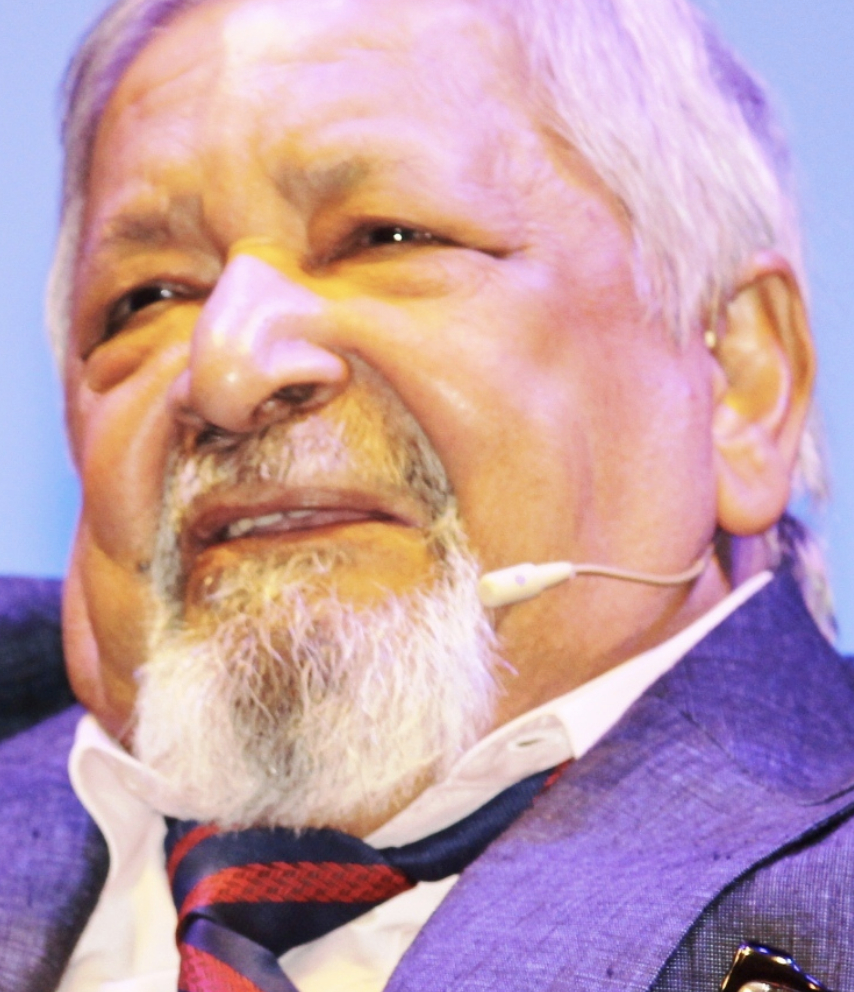August 17
Maria Deraismes

On this date in 1828, Maria Deraismes was born in Paris into a prosperous, middle-class family. She was given more educational opportunities than most young women of her era. She wrote a collection of dramatic sketches that were published in 1861, then turned her hand to comedies. She became one of the founding members of the feminist movement in France. Deraismes welcomed participants to the first French Women’s Congress, held in 1878, and was president of the Society for the Improvement of the Condition of Women.
She made a famous rebuttal to the misogynist labeling of women intellectuals as “bluestockings.” A rationalist, she was the first woman Freemason in France and directed several freethought societies. She was a co-presider of the Anti-Clerical Congress in Paris in 1881.
She died at age 65 in Paris, where a street is named after her as well as the town square in St. Nazaire. (D. 1894)
Alex Honnold

On this date in 1985, rock climber Alex Honnold was born in Sacramento, California. Honnold is one of the top free-solo climbers in the world. In free solo, the climber does not use any ropes or protective gear but relies only on physical and mental strength. He also does big-wall climbing, which is defined as a route that takes more than a day to climb. A self-described “atheist rock climber,” Honnold was taken to church as a child, but instead of finding meaning in bible readings, he daydreamed about climbing the church’s rafters.
Honnold began rock climbing at age 11. He attended the University of California-Berkeley to study engineering but dropped out to pursue his climbing passion and lives out of his van, traveling to different climbing spots. In a video by filmmaker Chris Johnson, Honnold described why he’s an atheist: “I was taken to church for maybe five or six years as a kid and at no point did I ever think there was ever anything going on with church. I always saw it as a bunch of old people eating stale wafers, and that’s totally weird to me.”
Honnold, along with climber Hans Florine, holds the world record for the fastest ascent of “The Nose” of El Capitan, a nearly 3,000-foot granite wall in California’s Yosemite Valley. It’s the most popular route to ascend the mountain. Honnold and Florine climbed it in the record time of 2:23:51. On June 3, 2017, he became the first person to scale El Capitan without using ropes or other safety gear, in 3 hours and 56 minutes. According to National Geographic, the ascent “may be the greatest feat of pure rock climbing in the history of the sport.”
PHOTO: Honnold atop El Capitan. Chris Johnson photo (cropped) from “A Better Life: 100 Atheists Speak Out on Joy & Meaning in a World Without God.”
"By not believing in an afterlife, it forces you to make the most out of this life to get the most out of the time you have.”
— Honnold in a Chris Johnson video titled "A Better Life in Yosemite with Alex Honnold" (Oct. 11, 2012)
V. S. Naipaul

On this date in 1932, British writer and Nobel Prize laureate Vidiadhar Surajprasad Naipaul was born in Chaguanas, Trinidad and Tobago, to a family of Indian descent. Naipaul’s parents migrated there from India in the 1880s, working as indentured laborers on a sugar plantation. Naipaul noted that his father’s work as an English-language journalist in Trinidad spurred his interest in literature, politics and writing. Upon graduating from the Queen’s Royal College, Naipaul was awarded a scholarship from the Trinidadian government and enrolled at the University of Oxford.
After graduating from Oxford in 1953 with a degree in English, Naipaul moved to London where he was featured on the BBC’s weekly “Caribbean Voices” program while writing the short-story collection Miguel Street (1959), which recounted stories from his childhood. Miguel Street and Naipaul’s first novel, The Mystic Massuer (1955), were widely praised.
The success of his early writings encouraged Naipaul to write his next novel, A House for Mr Biswas (1961), inspired by the childhood memories of his father and the colonial society in which he was raised. Naipaul’s works of fiction and nonfiction comment on colonialism, religion and politics. He wrote 11 novels, two short-story collections and 16 nonfiction books, including two on belief and the Islamic faith, Among the Believers: An Islamic Journey (1981) and Beyond Belief: Islamic Excursions Among the Conquered Peoples (1998).
Nobel Academy member Per Wastberg commented, on the occasion of Naipaul receiving the Nobel Prize for Literature in 2001: “If you follow the whole oeuvre of Naipaul, he is very critical of all religions. He considers religion as the scourge of humanity, which dampens down our fantasies and our lust to think and experiment.”
Naipaul’s last work was The Masque of Africa: Glimpses of African Belief (2010). He was a prodigious traveler, and research for his books often required him to spend significant time in South America, Africa, India and elsewhere. He died at home in London at age 85 and was survived by his second wife, Pakistani journalist Nadira Khannum Alvi. (D. 2018)
PHOTO: By Faizul Latif Chowdhury under CC BY-SA 4.0.
"The only lies for which we are truly punished are those we tell ourselves."
— Naipaul, "In a Free State" (1971)
